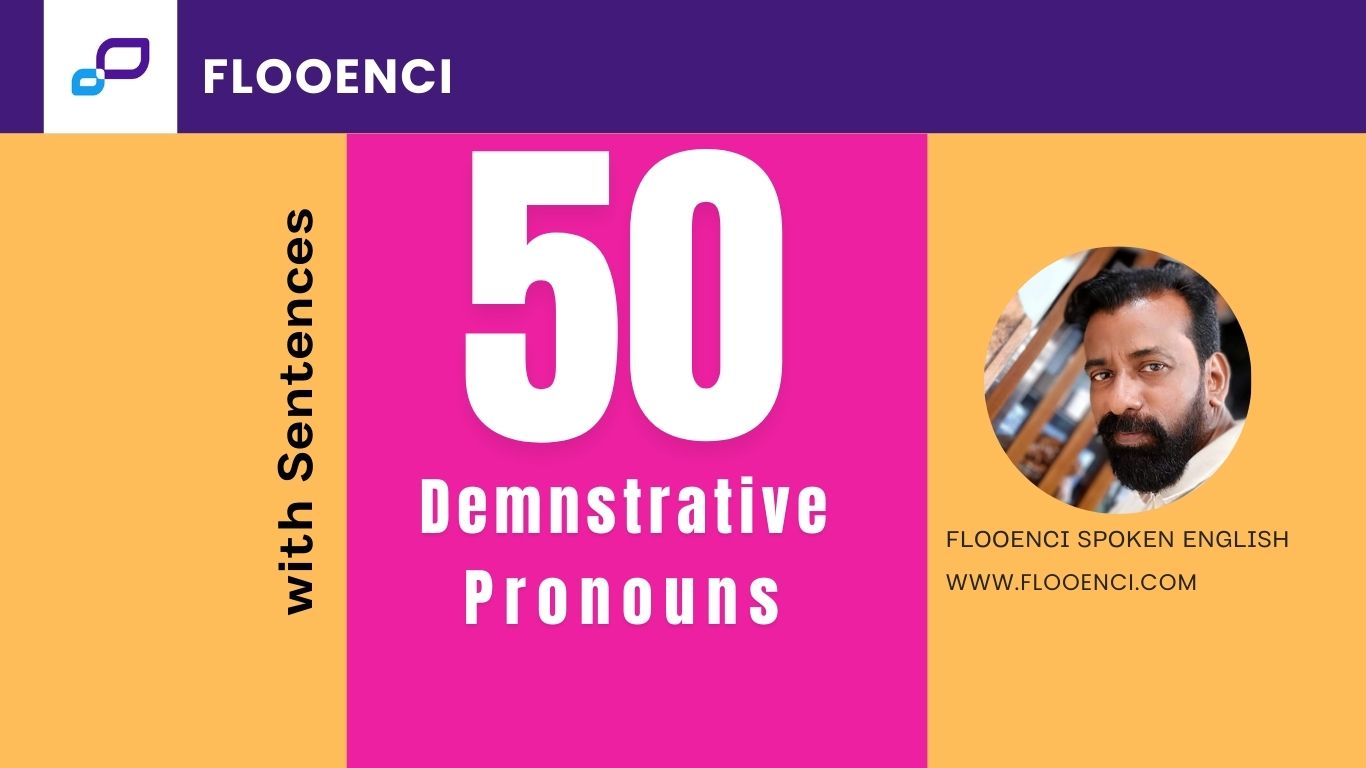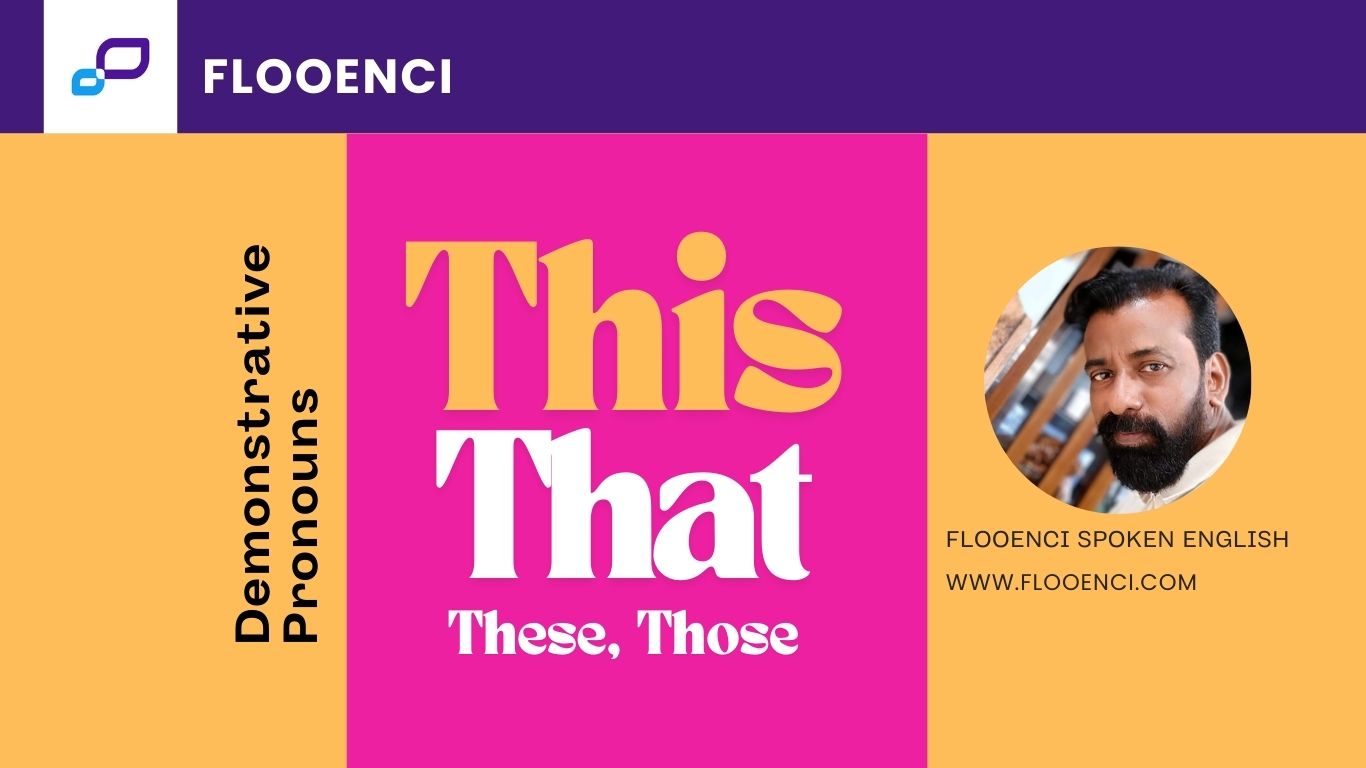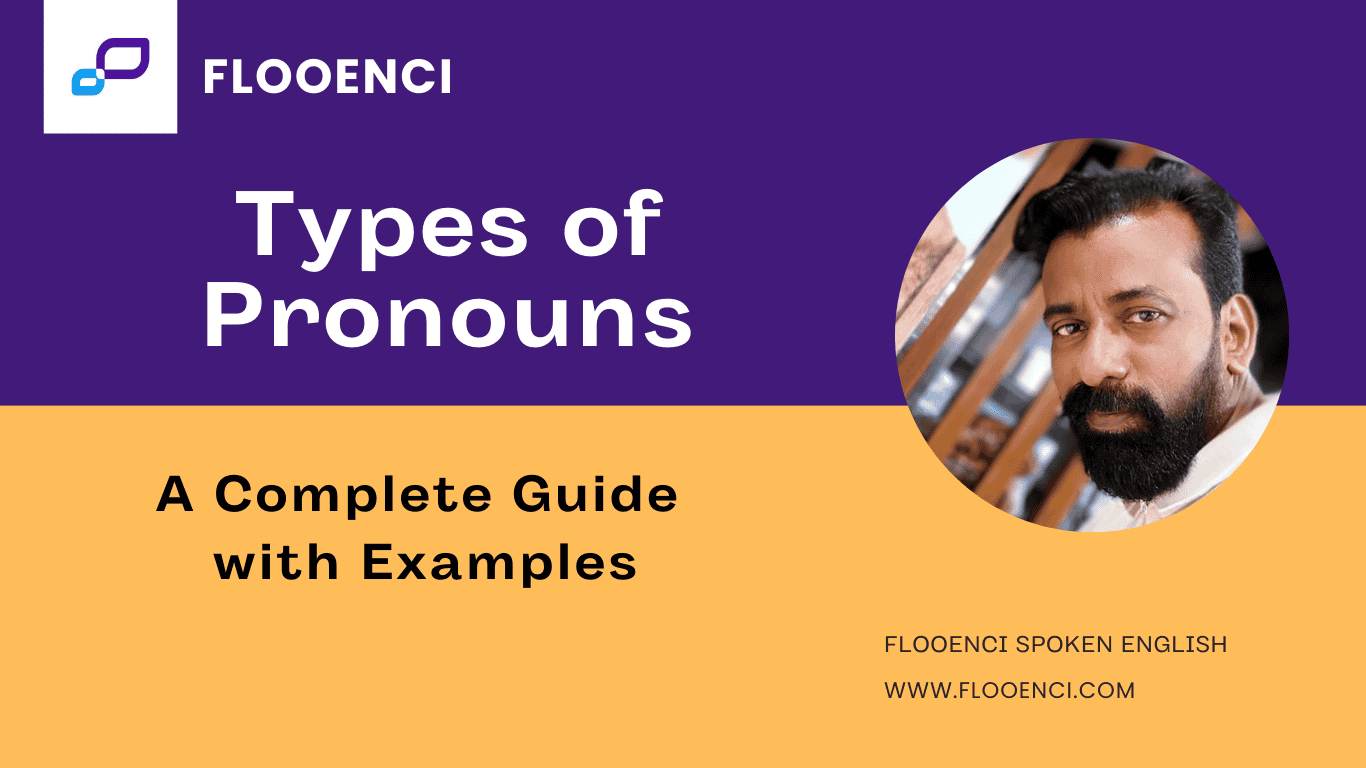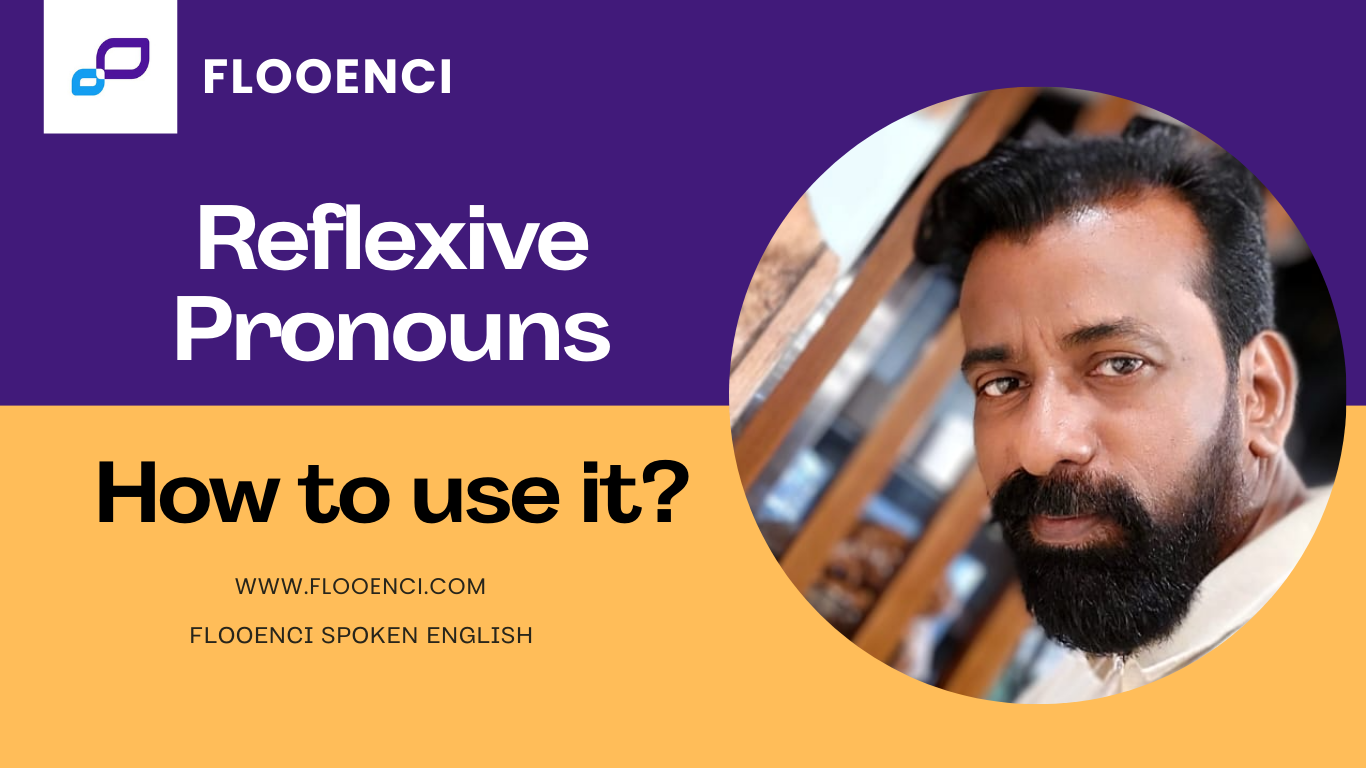Here are 100 common verbs with their 3rd-person singular present-tense form (“Singular”) and their plural (base) form (“Plural”): # Singular Plural 1 asks ask 2 answers answer 3 arrives arrive 4 is be 5 becomes become 6 begins begin 7 calls call 8 carries carry 9 catches catch 10 changes …
💡 What Are V4 Verbs? V4 verbs refer to the -ing form (present participle) used in continuous tenses like the present continuous. In this post, you’ll find 100 V4 verbs in natural example sentences to help you speak and write English more fluently. Here’s a full blog-ready package with a …
Here are 50 present perfect sentences with adverbs: With “just” With “already” With “yet” (negative & interrogative) With “ever” With “never” With “so far” With “recently” With “lately” With “still” With “always” Let me know if you need more! 😊
Adverbs: Introduction: Welcome to the enchanting world of adverbs! These often overlooked word modifiers possess the incredible ability to transform your writing, making it more vivid, engaging, and precise. As writers, we constantly seek ways to elevate our prose and captivate our readers, and mastering adverbs can be the key …
Conclusion Demonstrative pronouns are small but powerful tools that make communication precise and engaging. By mastering their use, you can express yourself clearly and avoid unnecessary repetition. Practice regularly, pay attention to proximity and number, and soon, using demonstrative pronouns will become second nature. Start incorporating these handy pronouns into …
When learning a language, understanding how to effectively point out specific objects, people, or ideas is essential. Demonstrative pronouns play a crucial role in achieving this. In this article, we’ll explore what demonstrative pronouns are, their usage, examples, and tips to master them. Whether you’re a student, a language enthusiast, …
Pronouns are an essential part of English grammar. They help make sentences concise and less repetitive by replacing nouns. In this blog, we’ll explore the various types of pronouns, their definitions, and examples to enhance your understanding. What Are Pronouns? Pronouns are words that substitute for nouns in a sentence. …
Pronoun Agreement :Introduction: Pronoun agreement is the grammatical principle that pronouns must agree in number and gender with their antecedents. This means that the pronoun must be singular if the antecedent is singular, and plural if the antecedent is plural. Pronoun agreement is one of the most important grammar concepts to …
Reflexive pronouns play a vital role in the English language, serving to reflect the action of a verb back onto the subject. These pronouns, such as ‘myself,’ ‘yourself,’ ‘himself,’ ‘herself,’ ‘itself,’ ‘ourselves,’ ‘yourselves,’ and ‘themselves,’ are used to convey actions or experiences that individuals or objects perform upon themselves. In …
Introduction Reflexive pronouns are a crucial component of English grammar that often confound learners. While they may appear complex at first glance, understanding and using them correctly is essential for clear and effective communication. In this comprehensive guide, we will delve into the world of reflexive pronouns, providing you with the …










